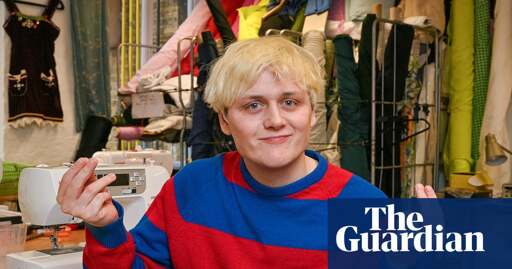I’ve never met a billionaire before. And this isn’t how I imagined it would go. Don’t get me wrong: his brightly lit Manhattan office is pleasant, but not unusual. The pipes are scalding hot. As his assistant leads me through to the meeting room, I’m fairly sure I can spot discarded paper plates from pizza slices poking out of the kitchen bin. In other words, it is similar to most of the city’s workplaces.
I’m here to meet Jim McKelvey, somebody Forbes will tell you has roughly £1.3bn to his name from co-founding the payment app Square. Jim is straight off a flight from Tokyo, I’m told. He enters the room and shakes my hand politely, but soon seems agitated. I’m not sure whether it’s his lack of sleep or if this is just how people who make more money during power naps than you earn annually deal with potentially having their time wasted. In other words, I’m going to have to ease my way in gently.
“So, I Googled you on my way in,” I say, “and it turns out you’re a billionaire.” He agrees. “I worked it out,” I continue, “and it seems like £1m to you is the equivalent of £20 to me. So please can I have a million pounds?”
It is over quite abruptly.
I always need to remind myself that scamming people with crypto, despite the returns, is an awful thing to do. It’s super easy to make money if you’re psychopathic enough to ruin someone’s life to do so. Sadly, that’s how most people end up getting rich.
Anyway, that a billionaire wouldn’t just give someone a million bucks is, in my opinion, more likely because the time it takes to pay the gift tax on that would be too inconvenient. Which, of course, says a lot about those billionaires, that turning someone’s life around is too inconvenient to be worth it.
One doesn’t need all that large of luggage if it’s in large, unmarked bills. I’m not current on Sterling denominations, but the U.S. is pretty much alone in not having anything in circulation larger than $100 (which has the purchasing power of roughly $1 a century ago).



